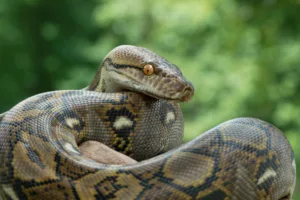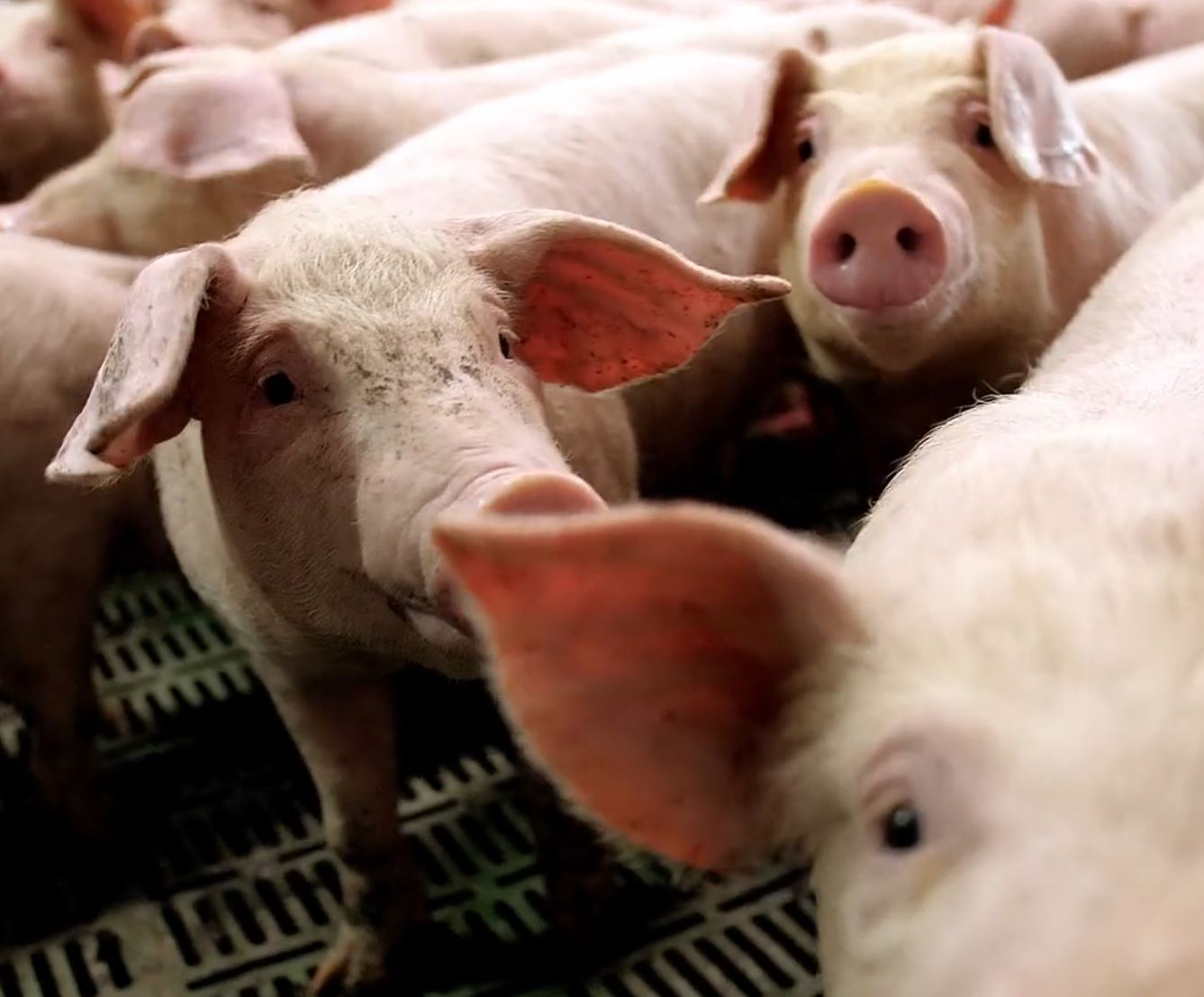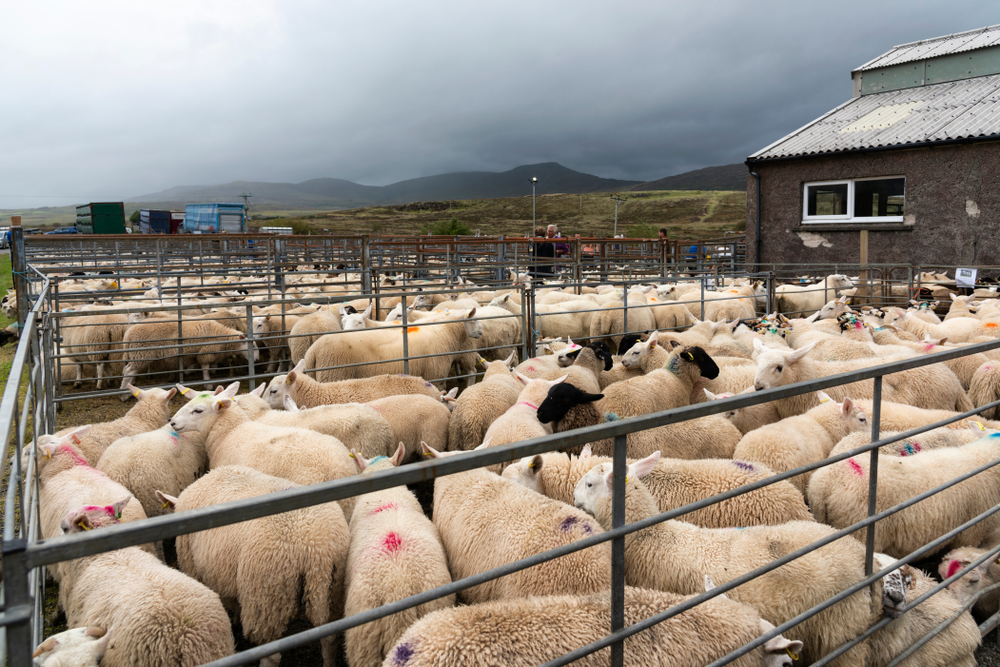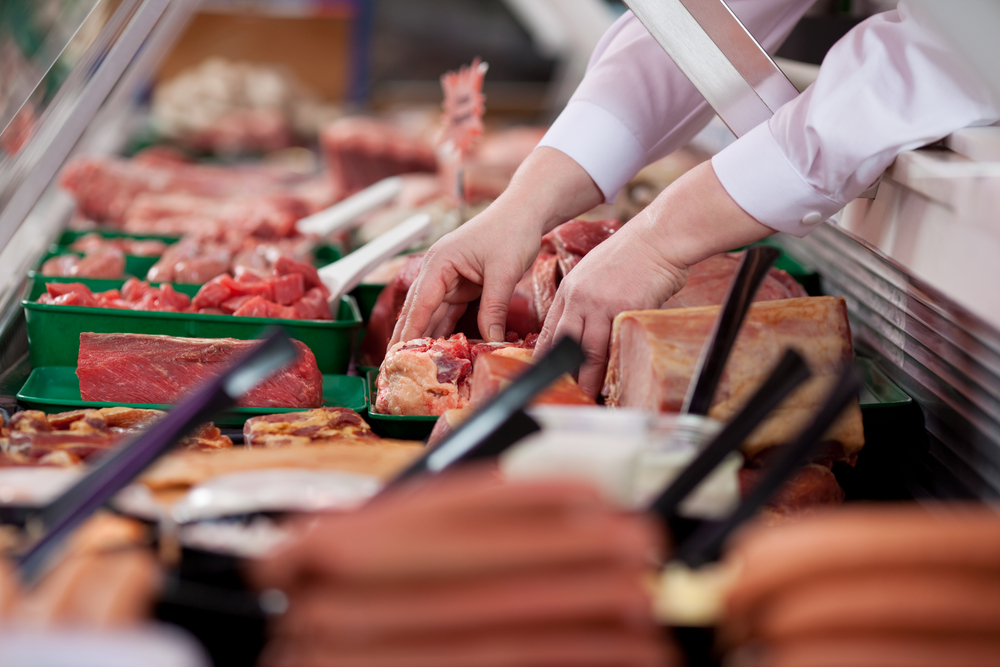The Food Standards Agency (FSA) has launched a public consultation seeking views on new guidance relating to Mechanically Separated Meat (MSM).
The FSA has developed new guidance to provide support for food businesses following a series of court judgments on the definition of MSM. MSM is obtained by the removal of meat from bones, reducing food waste, and it must be produced in a hygienic and safe way.
The court rulings have implications for MSM production in England, Wales and Northern Ireland, as they have provided clarity on what MSM is, how the definition should be interpreted by food businesses, and how they should apply it to their products.
The court rulings have determined three criteria for the classification of MSM: the use of bones from which the intact muscles have already been detached (or of poultry carcases, to which meat remains attached); the use of methods of mechanical separation to recover that meat; and the loss or modification of the muscle fibre structure of the recovered meat.
Some businesses will be affected by the outcome of these court rulings, and the FSA understands that time may be required for food businesses to adapt their processes and the way they classify products as a result.
The FSA is consulting with consumers, industry, and other stakeholders on how suitable our new guidance is, as well as asking for input on an impact assessment from the businesses that will be affected by the implementation of the guidance. The FSA’s approach to implementing the guidance will be informed by the outcome of the impact assessment, undertaken as part of the consultation.
“We are consulting stakeholders on the new guidance following the court ruling on MSM. We understand that this ruling will impact businesses, so it is right that we seek views from consumers and industry, on the guidance to maximise its effectiveness.
“We’re doing this to ensure that businesses have extensive opportunities to feed in. It is the responsibility of food businesses to ensure they comply with food law, and the FSA has made a commitment to develop new guidance on MSM to aid understanding following the court judgments.
“We’ll publish the outcome of the consultation, the impact assessment and the next steps to ensure that businesses and consumers are aware of the developments.”
Rebecca Sudworth, Director of Policy at the
FSAThe consultation closes at 5pm on Wednesday 22 May 2024.





